WADA and UCI respond to French biological passport report
Both bodies await publication of peer-reviewed study
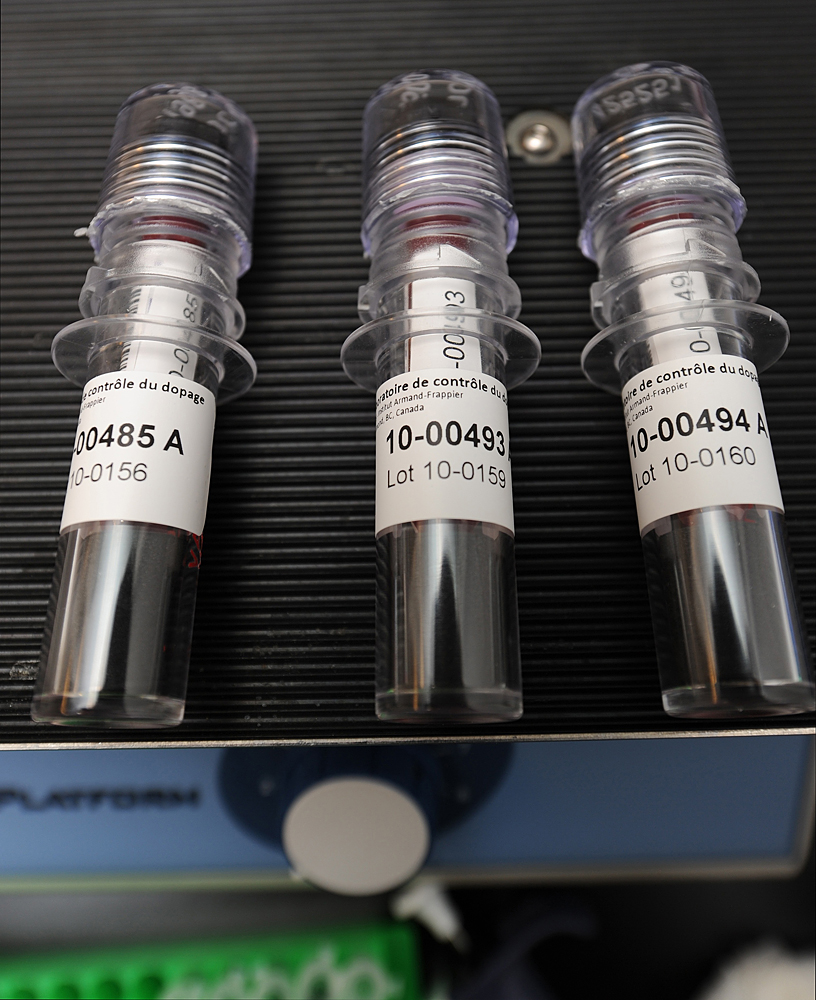
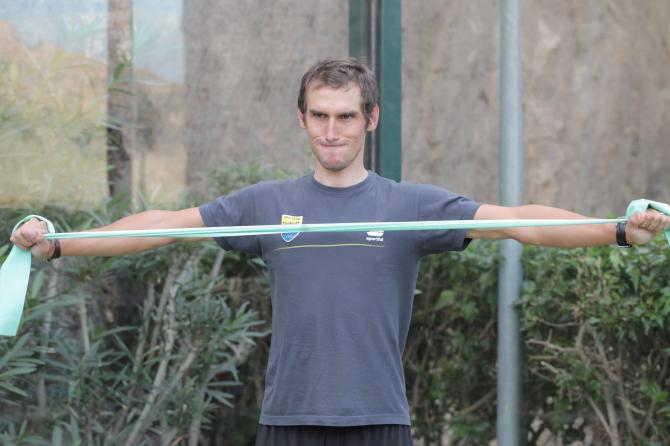
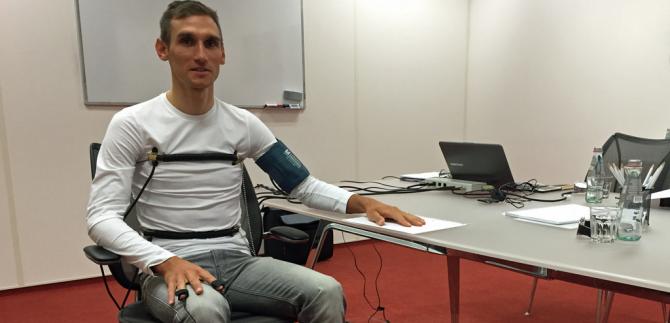
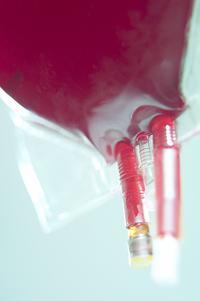
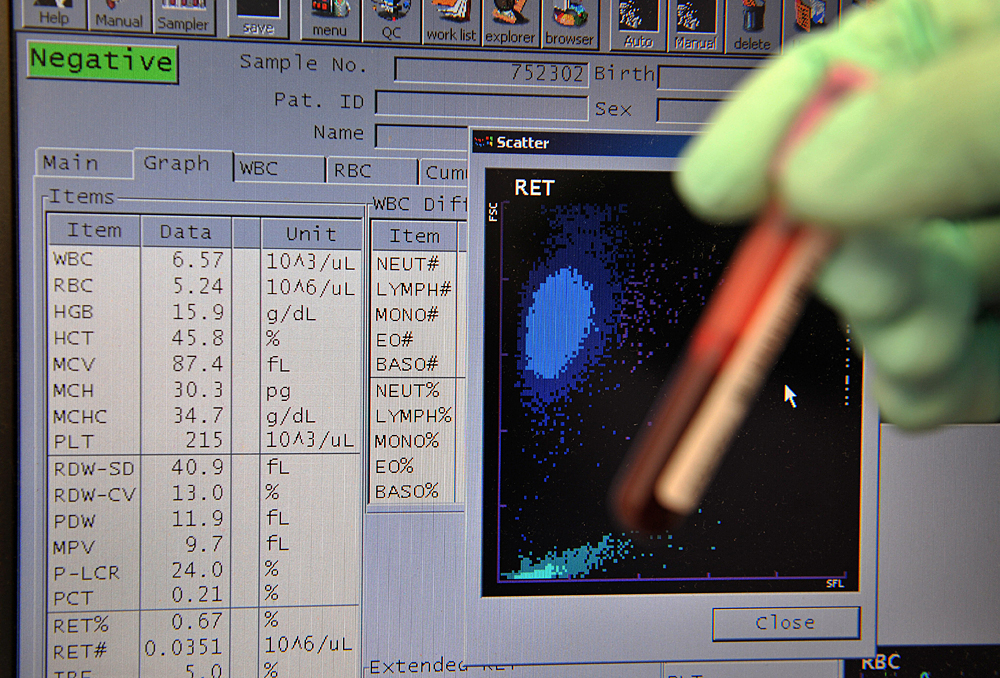
The World Anti-Doping Agency and the UCI have responded to a report aired on France 2 on Sunday evening, which documented a study that showed how the biological passport could be circumvented by the use of micro-doses of EPO and blood transfusions.
As part of a study carried out by Pierre Sallet of the Athletes for Transparency organisation, eight amateur athletes, primarily triathletes, were doped under supervision for a period of 29 days, showing significant improvements in performance. Sallet, who also participated in the experiment, demonstrated that his blood values would not have fallen foul of the biological passport parameters.
In a statement published on the WADA website, director general David Howman clarified that the study had not been sanctioned by the anti-doping body. He also pointed out that the study had yet to be peer reviewed and published in a scientific journal.
"WADA is aware of the television report that aired on France Télévisions. We would like to clarify that while we did make the Athlete Biological Passport (ABP) software available, we certainly did not 'bless' or endorse the study, as has been suggested," Howman said.
"The study does not accurately follow the Athlete Biological Passport (ABP) guidelines, and therefore its relevance to the ABP is not entirely clear."
Howman said that while WADA "welcomed and encouraged" research relevant to the biological, it "does not ever recommend athletes take part as 'human guinea pigs' in a study in which they would be subjected to taking performance enhancing drugs."
In a statement to Cyclingnews on Tuesday, the UCI said that it would refrain from commenting on the study in detail until its findings have been peer reviewed and published.
The latest race content, interviews, features, reviews and expert buying guides, direct to your inbox!
"The International Cycling Union (UCI) and Cycling Anti-Doping Foundation (CADF) - the independent body mandated by the UCI to design and carry out anti-doping in cycling - will refrain from commenting on this study before the circumstances under it was conducted are clear and it findings have been published and reviewed properly. We will continue to work with the World Anti-Doping Agency (WADA) to protect clean athletes and the Athlete Biological Passport make as efficient as possible."
The recently-published Cycling Independent Reform Commission report hailed the introduction of the biological passport in 2008 as an important step in the fight against doping but also made a number of additional recommendations, including steps to prevent cheating riders from using their biological passport data to adjust their doping programmes in order to evade detection.
In March, UCI president Brian Cookson said that he had set up an internal task force to deliberate on CIRC's recommendations, including the introduction of night-time testing and tightening up the fit-and-proper-persons requirements for team staff, directors and doctors.
